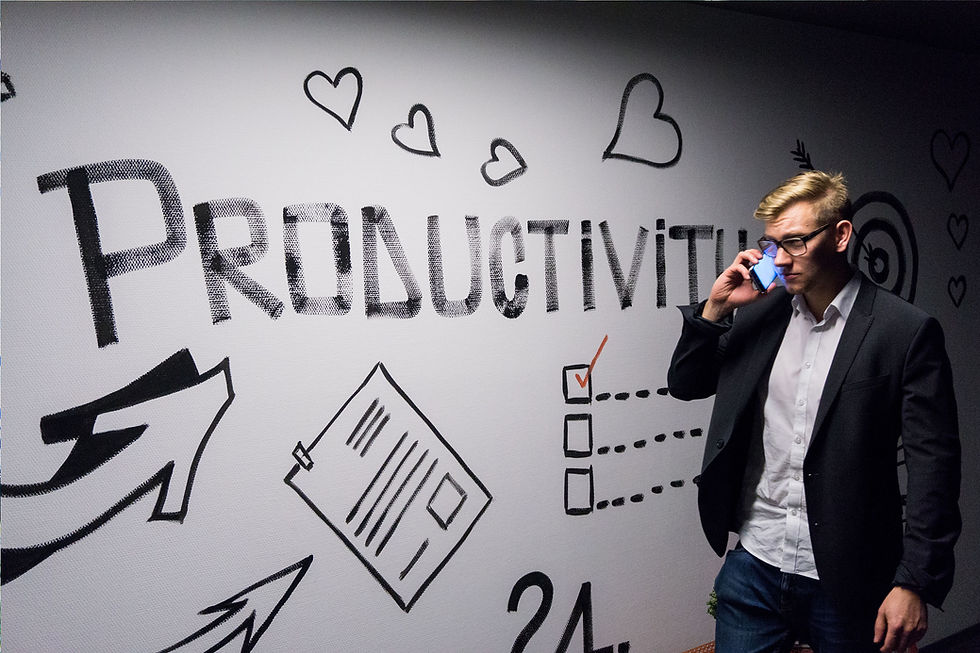Milton Friedman is Evil
- Brian Watkins
- Sep 13, 2021
- 2 min read
The blog title might be a bit unfair. I don't actually believe he is evil, but his theory of Shareholder Theory is, and is the cause of many of our business and socio-economic problems today.

For those unfamiliar, the Shareholder Theory simply states that the sole purpose of the company is to maximize value to the shareholders. Which means all decisions should be made to maximize profit, provided it is legal (notice it says nothing about ethical). If a company can maximize profits by firing employees of 20-years because someone can do the work cheaper - they should. If a company can make a charitable contribution to help the community, they shouldn't.
Many people today are surprised that his mindset hadn't been considered widely until the 1970s. It ended up creating the fiction that many people have that the purpose of the business is to make money, regardless of the impact. Some young people today actually think it a fiduciary responsibility or a law.
This has dome more damage than I can even begin to discuss in this post, but the two biggest are this:
It misrepresented the purpose of the organization.
It let executives and managers off the hook for making decisions.
To the former point, no one denies that a company has to make money. It is how they pay workers and suppliers. Profit isn't bad as it can be used to reward and fund other projects that can positively impact the community. However, maximizing profits can be taken too far. Think about vulture capitalists (in the 80s we called them corporate raiders). They buy a company with the intent to take as much money out, even if that means destroying it in the process. Pharmacuetical companies that jack up prices not to cover their costs, but because they can and want to make more money are a classic case.
The latter point is even worse. Leaders and managers have to make tough decisions. It may be layoffs, firing, salaries, etc. Their decisions impact many, many people. When making them, they should consider the weight and impact of those decisions. They get paid more to make those hard decisions. Shareholder Theory lets them off the hook. They can say "I wouldn't do this, but I have to because my job is to maximize profit". It becomes they way they soothe their conscience about what they are doing.
What this leads to is short-term decisions that have significant long-term consequences. It let's the leaders off the hook for their choices. It creates imbalance and a society that only looks out for itself (sound like our society today). Worse, it makes capitalism look like a failure.
Maybe Friedman isn't evil, but those who do the things he subscribed sure are.



Comments